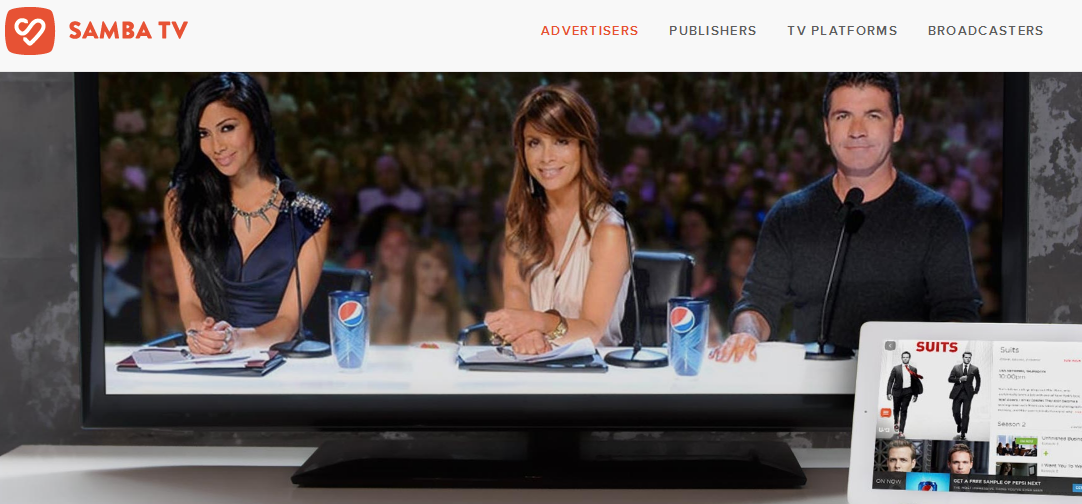

What did Vizio know about what was going on in the privacy of consumers’ homes? On a second-by-second basis, Vizio collected a selection of pixels on the screen that it matched to a database of TV, movie, and commercial content. The biggest case occurred in 2015, when Vizio was fined $2.2 million for collecting and selling user data without their owners’ consent. These practices have predictably drawn the ire of the Federal Trade Commission (FTC), but major lawsuits have been relatively rare. Once they know you’re a parent of a young child, for example, you might see ads on your phone for diapers immediately after Sesame Street ends.

(A Citi marketing director called Samba’s ability to sync online ads with TV ads ““a little magical.”) What makes this technology uniquely attractive to advertisers is that they can follow up on other devices using the same internet connection. Watched Sesame Street on PBS recently? Expect to see ads for diapers soon after.Īnd it doesn’t just stop at the TV screen. (Netflix told the New York Times that it has “agreements with smart TV manufacturers that precluded third-party tracking like that done by Samba TV.”)Ĭompanies like Samba then use that information to help companies target ads specifically to you.
Samba interactive tv on philips series#
Whether you’re playing video games on an Xbox Series X or streaming Obi-Wan Kenobi on Disney+, the smart TV can interpret what that means about you - and what you’re likely to buy.
Samba interactive tv on philips software#
Users must approve software like this before it can be used - Samba urges them to enable it to recommend shows “by cleverly recognizing onscreen content” - but most people don’t understand exactly how Samba collects this information.Įvery pixel on these TVs is interpreted on a second-by-second basis. The company works with around a dozen TV brands, including big names like Sony, Sharp, Toshiba, TCL and Philips. It’s been no secret that connected devices are vulnerable to hacking - Consumer Reports released a study last year that found that millions of smart TVs were susceptible - but what’s more surprising is the FBI alerting us to this smart TV data collection and telling us to be wary of the TV manufacturers themselves.Īs smart TVs have become the norm over the past several years, the companies that make them have been increasingly using that technology to market more products to us.Īccording to the New York Times, Samba TV, which creates software called Automatic Content Recognition (ACR) that tracks viewer information to recommend shows, said it has collected data from 13.5 million smart TVs in the US. “Beyond the risk that your TV manufacturer and app developers may be listening and watching you,” they wrote, “that television can also be a gateway for hackers to come into your home.” On the eve of Black Friday this year, the FBI field office in Oregon sent out a post to consumers warning them about all those smart TVs that would soon be going on sale.


 0 kommentar(er)
0 kommentar(er)
